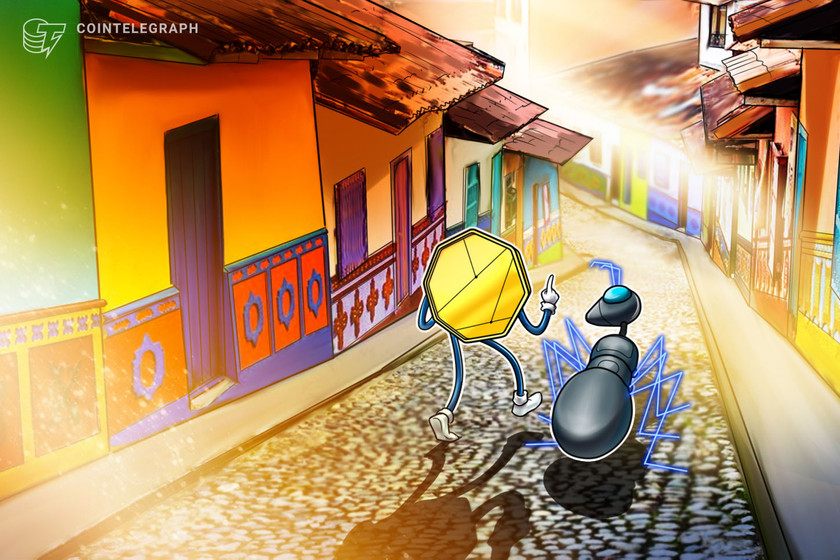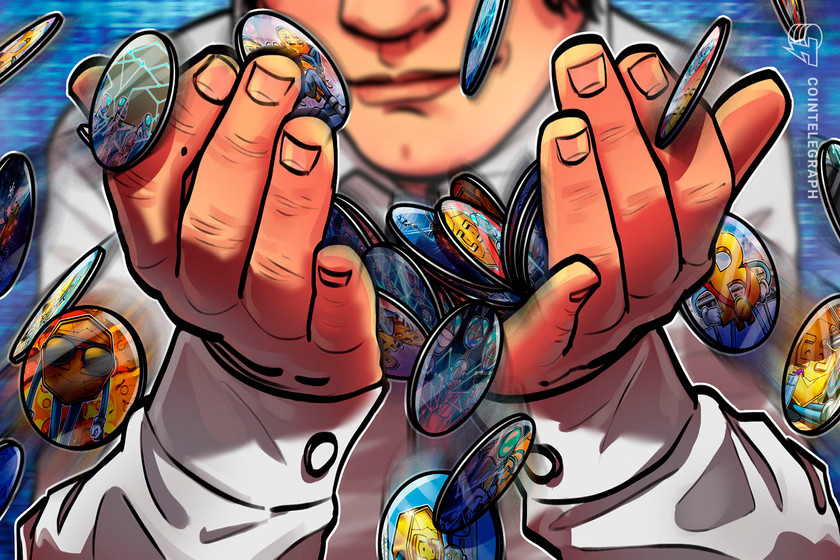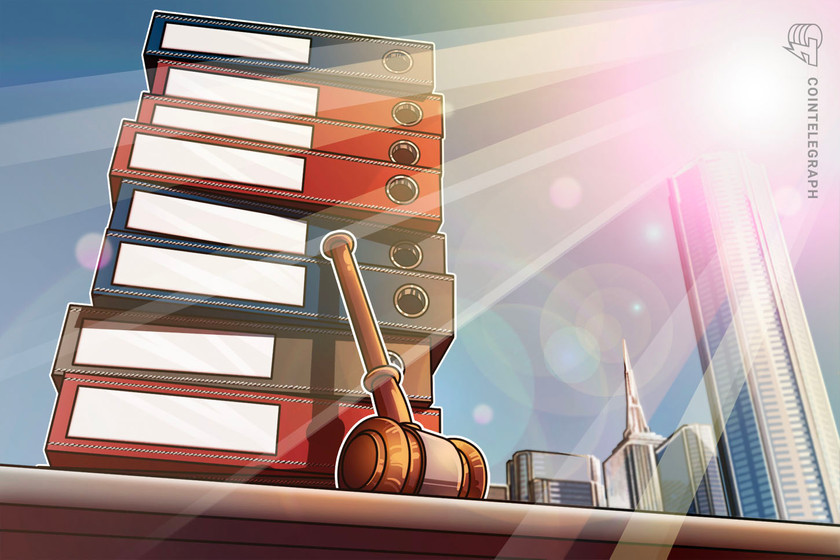Auditors reveal USDC backing as Jim Cramer sounds alarm over Tether’s mad money
Auditors working for Circle have disclosed the reserves backing the firm’s USDC stablecoin, while Mad Money’s Jim Cramer has questioned Tether’s lack of transparency with its USDT reserves.
Multi-national tax advisory firm Grant Horton conducted the audit, and a reserve attestation report was published on July 20 which showed that 61% of USDC’s reserves were held in cash and cash equivalents equating to $13.4 billion, as of May 28.
Circle’s total commercial paper accounts for 9% of its reserves, and the figures provide a stark contrast to Tether’s reserves, in which undisclosed commercial paper accounted for 49.5% of its total reserves — something that Cramer has been “sounding the alarm” about recently.
The Circle report defines cash as deposits at banks and Government Obligation Money Market Funds, while cash equivalents are defined as securities with an original maturity less than or equal to 90 days.
On May 28 there was 22,176,182,251 total USDC in circulation, with the total fair value of Circle’s U.S. dollar-denominated assets held in segregated accounts fully backing the supply of USDC according to the report.
Circle noted that it voluntarily disclosed its reserves as part of its transparency goals, with the firm revealing plans to go public via a special purpose acquisition company (SPAC) earlier this month.

‘Yankee CDs’ and US Treasures represented the next biggest share of assets backing the reserves at 13% and 12% each, with a combined total value of $5.6 billion.
Yankee CDs are defined as “USD denominated Certificates of Deposit issued in the US by branch(es) of Foreign Banking Organizations,” with a maximum maturity of 13 months, while the U.S treasuries have a maximum maturity of three years.
The total commercial paper allocations represent 9% worth $2 billion, corporate bonds account for 5% worth $1.1 billion, and municipal bonds and U.S. agencies comprise 0.2% worth $100 million.
Circle’s USDC reserve breakdown was published amid increased scrutiny on the stablecoin sector from the U.S. government, with United States Treasury Secretary Janet Yellen meeting with other financial regulators this week to discuss a regulatory framework for stablecoins.
Finally, as we march towards becoming a listed company, we will be filing quarterly audited financials and management disclosures that will be required as an SEC regulated public company, and will include USDC reserve composition disclosures similar to our attestations.
— Jeremy Allaire (@jerallaire) July 20, 2021
Circle CEO Jeremy Allaire emphasized in a July 20 blog post that the firm is committed to providing transparency of its operations and working within the traditional financial system:
“Core economic activities underpinning USDC are built inside the perimeter of the U.S. financial system, and not outside of it.”
Jim Cramer thinks Tether is Mad Money
Speaking during a July 20 interview with The Street, Jim Cramer, the host of CNBC’s Mad Money questioned Tether’s lack of transparency and is asking why the firm hasn’t disclosed what the large percentage of commercial paper backing USDT is.
Tether released a brief reserve breakdown on May 13 and did not mention any independent review conducted on behalf of the firm.
Tether’s reserve breakdown showed that as of March 31, three-quarters of its reserves were held in cash, cash equivalents, other short-term deposits, and commercial paper. Amongst that category, commercial paper accounted for 65.39%, with cash alone accounting for just 3.87%.
Related: Stablecoins under scrutiny: USDT stands by ‘commercial paper’ tether
The firm is yet to reveal what comprises its commercial paper holdings, and Cramer has been sounding the alarm bells:
“I am concerned about Tether, and I’m not gonna stop sounding the alarm until I know what Tether has. They’ve got about $60 billion in commercial paper. Tether open up the kimono, what commercial paper do you own?”
“Why wouldn’t they tell us?” he added, as he questioned whether the SEC will step in to find out.
“There’s a belief that a lot of the commercial bank paper, is Chinese bank paper, why not put that to rest and tell us it isn’t?” he said.









